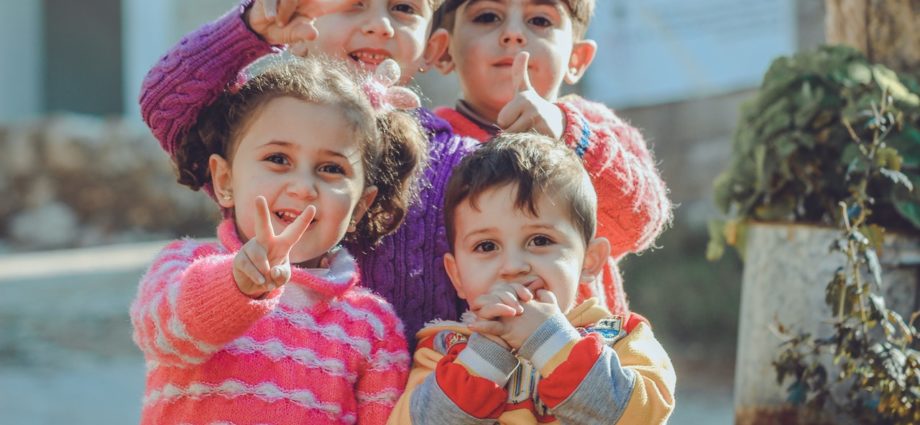Over the past few years, mindfulness has exploded in popularity. It has always been a popular concept in eastern philosophical traditions. However, today it is becoming equally as present among Western societies. It refers to the concept of maintaining awareness of your mind. There are many benefits to mindfulness, and it is something you can teach your children.
Importance of Mindfulness
Mindfulness is essential for a variety of reasons. It teaches you discipline when it comes to your thoughts. Throughout life, we will all encounter difficulties. People who train in mindfulness will manage their emotions better. This is most evident during difficult times.
Better Stress Tolerance:
Stress is something that will happen in your life. It is unavoidable. However, the response you have to distress is malleable. When you teach your children about mindfulness, they will have higher stress tolerance.
Better Relationships:
Find for this also helps you with relationships throughout your life. When you practice mindfulness, you become a more empathetic person. This allows you to place yourself in the shoes of others more easily.
Teaching Mindfulness to Children
Before you begin to teach your children about mindfulness, you must understand it. It is challenging to teach children anything that you do not embody. They pay a lot more attention to your actions than your words.
The Value of the Chores:
Chores is an excellent way for your children to learn the value of mindfulness. As they complete their chores, please encourage them to observe their thoughts. It will help the chores pass by quickly. It also gives him great practice with their mindfulness.
Meditation:
Meditation is the best way for people to develop their mindfulness. It is not too difficult to teach a child. We recommend starting with a simple exercise. Have the child sit down and close their eyes. Instruct them to focus their minds on their breath for the next few minutes. That is all there is to it.
Tips on Being Mindful in Every Aspect of Your Life
Staying mindful throughout the day is a great way to improve your life. The following tips will show you some easy ways to implement a mindfulness practice. If you can make them all a habit, you will be much more mindful.
Financial Mindfulness:
Sometimes financial stress penetrates our minds. This will take away from your mindfulness practice. Having your children understand the value of a dollar can help their financial decisions in the future. One great way that this is illustrated is with the electric suppliers that we use. When we keep the lights on, continuously run the washing machine and dishwasher with half full loads, or don’t utilize blinds or curtains on extremely hot days not only are we not being mindful with our energy use but we are not being financially mindful as well because the more energy we use the higher the utility bill.
Be Mindful During Daily Activities:
Whether you are doing the dishes or going for a run, it is possible to be mindful. All you need to do is remember that you are a passive observer of your mental activity. While you are busy doing whatever it is, pay attention to how it feels inside your mind. It is a great way to get in some extra practice throughout the day.
Be Mindful of Your Environment:
Take care of your home. The state of your house is a reflection of the state of your mind. It can be cathartic to clean up and organize your space. There are also other benefits to organizing your things. Either way, it is a great technique to use to boost your mindfulness practice.
How to Live Mindfully with Children
As you teach your child about mindfulness, you will realize there is not that much that separates you. The most significant difference between children and adults is a life experience. Sometimes children can be even more mindful than adults. This is because of their lack of experience. Your child may end up teaching you.
